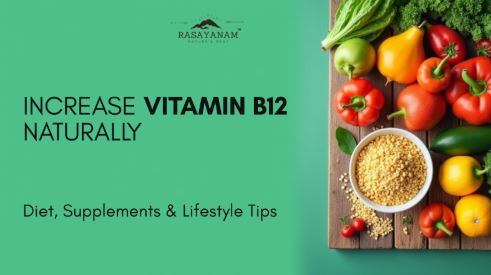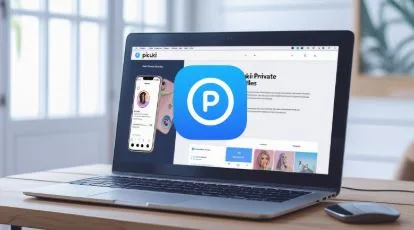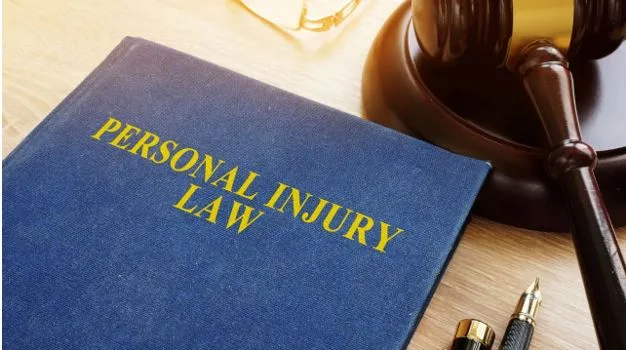How to Improve Your Vitamin B12 Levels Naturally: Nutrition, Supplements & Lifestyle Advice
Have you been feeling tired, or maybe you’ve been waking up exhausted, even after 6-7 hours’ night’s sleep? You might be thinking these symptoms can be due to a busy lifestyle, but these are not just signs of stress. In many cases, they’re signals of Vitamin B12 deficiency, a silent problem that affects many people without them even knowing.
Vitamin B12 is essential for energy, brain health, and red blood cell production. But here’s the twist: your body doesn’t make it on its own. You have to get it from your diet or supplements. If your levels are low, it’s time to take action. In this blog, we’ll help you understand how to increase Vitamin B12 naturally through food, vitamin B12 supplements, and small lifestyle changes. Let’s get started.
Why Vitamin B12 Matters So Much
Vitamin B12 helps your body in many ways:
- Supports healthy nerves and brain function
- Helps make red blood cells
- Boosts energy and reduces fatigue
- Improves memory and focus
- Supports a healthy heart and mood
Without enough B12, you might experience:
- Constant tiredness
- Mood swings or depression
- Weak muscles
- Pale or yellowish skin
- Tingling in hands and feet
That’s why it’s important to know how to increase Vitamin B12 the right way—naturally and effectively.
1. Eat Foods Rich in Vitamin B12
One of the best ways to increase Vitamin B12 naturally is by adding Vitamin B12 rich foods to your diet. Most natural sources of B12 come from animal-based products, so vegetarians and vegans need to pay extra attention.
Foods High in B12:
- Animal Liver and Kidneys: Lamb liver is especially rich in B12.
- Fish: Salmon, tuna, sardines, and trout.
- Meat: Beef and chicken.
- Dairy Products: Milk, cheese, and yogurt.
- Eggs: Especially the yolks.
- Fortified Foods: Plant-based milk, breakfast cereals, and nutritional yeast (fortified with B12).
If you’re vegetarian or vegan, make sure to include fortified plant milks and cereals in your daily meals. These are often enriched with B12 to help you stay healthy.
2. Consider a Vitamin B12 Supplement
Sometimes, diet alone may not be enough. This is especially true for:
- People over the age of 50
- Vegetarians or vegans
- People with digestive issues (like IBS or low stomach acid)
- Those taking certain medications (like metformin or antacids)
In such cases, a Vitamin B12 supplement can be very helpful.
Types of B12 Supplements:
- Tablets or Capsules
- Sublingual (under-the-tongue) drops
- Injections (usually recommended by a doctor for severe deficiency)
Methylcobalamin is the most absorbable form of B12 supplement, but cyanocobalamin is also widely used and effective.
Always talk to a doctor before starting any supplement, especially if you’re already on medication or have health conditions.
3. Improve Your Stomach Health
Did you know your stomach needs a special protein called intrinsic factor to absorb B12? If your stomach isn’t healthy, even a good diet won’t help much. That’s why improving stomach health can also help increase Vitamin B12 levels.
Stomach-Friendly Tips:
- Eat probiotic-rich foods like yogurt, kefir, or fermented vegetables.
- Avoid too many antibiotics (they kill good bacteria).
- Drink plenty of water.
- Eat more fiber (fruits, vegetables, and whole grains).
4. Check Your Medications
Some common medications can reduce B12 absorption. These include:
- Antacids or acid-blocking drugs
- Metformin (used for diabetes)
- Certain antibiotics and seizure medications
If you’re taking these regularly, speak with your doctor about monitoring your B12 levels. You might need a B12 supplement to balance the effect.
5. Lifestyle Habits That Help
Besides diet and supplements, a few lifestyle changes can also support better B12 levels.
Helpful Habits:
- Eat regular, balanced meals
- Avoid excessive alcohol (it damages the stomach lining)
- Don’t skip breakfast—a great time to include fortified foods
- Stay active to support good circulation and digestion
Simple steps like these can go a long way in keeping your B12 levels in check.
How to Know If You Have Low B12?
The only sure way is to get a blood test. Ask your doctor for a B12 test if you have:
- Constant fatigue
- Mood issues
- Memory problems
- Pale skin or shortness of breath
The test is quick and can help you take action early before it leads to bigger health issues.
FAQs on How to Increase Vitamin B12 Naturally
Q1. Can I get enough B12 from a vegetarian diet?
A: It’s hard, but possible. Make sure to eat fortified foods like plant-based milk, cereals, and nutritional yeast. You might also need a vitamin B12 supplement.
Q2. How long does it take to increase B12 levels?
A: With the right food and supplements, most people start feeling better in a few weeks, but full recovery may take a few months.
Q3. What’s the best time to take a B12 supplement?
A: Take it in the morning with or without food. It gives an energy boost, so avoid taking it at night.
Q4. Are B12 injections better than tablets?
A: Injections are for people with severe deficiency or absorption problems. For most people, oral supplements work well.
Q5. Can children or elderly people take B12 supplements?
A: Yes, but the dose should be age-appropriate. Always consult a doctor before giving supplements to children or older adults.
Final Thoughts
Low Vitamin B12 can silently drain your energy, mood, and memory. But the good news is, you can fix it naturally. By eating the right foods, using a good vitamin B12 supplement, and making simple lifestyle changes, you can feel more energetic and focused.






